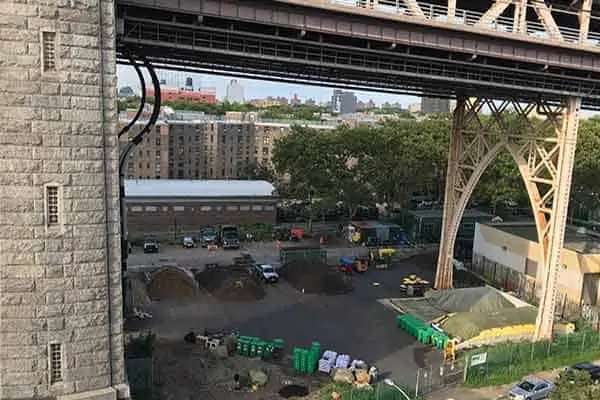


$2 million in cooperative agreements is available for local governments to host Community Compost and Food Waste Reduction (CCFWR) pilot projects. The cooperative agreements support projects that develop and test strategies for planning and implementing municipal compost plans and food waste reduction plans. They are part of USDA’s broader efforts to support urban agriculture.
USDA’s Office of Urban Agriculture and Innovative Production will accept applications on Grants.gov until 11:59 p.m. Eastern Time on July 16, 2021. Projects should span two years, with a start date of September 25, 2021, and a completion date of September 25, 2023.
Local governments may submit projects that:
NRCS will assist in conservation-related activities.
Priority will be given to projects that include economic benefits; provide compost to farmers; integrate other food waste strategies, including food recovery; and collaborate with multiple partners.
The deadline for applications is July 16, 2021.
Project Example: The Department of Sanitation of New York and nonprofit Big Reuse establishes food scrap drop-off locations while New York City Parks Department is diverting wood chips and leaves from landfill disposal to create compost. GreenThumb, Brooklyn Grange, Hellgate Farms, Gowanus Canal Conservancy, and other urban farms distribute the compost for food production in the boroughs of Queens and Brooklyn, diverting approximately 600,000 pounds of food scraps and green waste from landfills and providing 350 cubic yards of compost to food producers.
Get Started with SCS’s ASP Composting Pilot Program
• Low-cost opportunity to test ASP composting feasibility
• Ability to test different feedstock mixes
• Assess the quality of the finished compost
• Assess odor control and process control
• Test footprint is 5000 sqft or less on your site
Webinar
A pre-recorded webinar will provide an overview of the cooperative agreements’ purpose, project types, eligibility, and basic requirements for submitting an application. The webinar will be posted at farmers.gov/urban.
More Information
Questions about this cooperative agreement opportunity can be sent to .
The Office was established through the 2018 Farm Bill and is designed to be a USDA-wide effort. Representatives from agencies throughout USDA play a critical role in successfully servicing urban customers. Other grant and engagement opportunities are available in addition to the CCFWR agreements. More information is available at farmers.gov/urban.
Additional resources that may be of interest to urban agriculture entities include NIFA grants, FSA loans, and AMS grants to improve domestic and international opportunities for U.S. growers and producers.